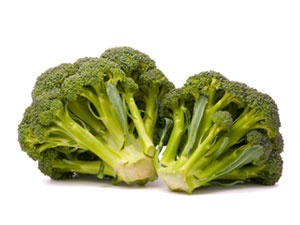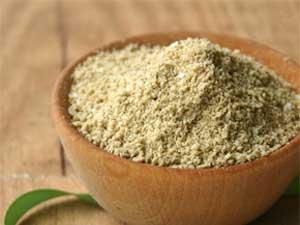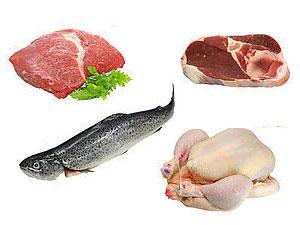 | « Back to article | Print this article |
Did YOU know? These foods have hormonal effects
Over the years it has been proved that there are substances in our daily food that possess the magical property of behaving exactly like hormones.
Hormones are chemical substances in the human body that act like messenger molecules. After being produced in one part of the body, they move to other parts where they help control how our cells and organs function. For example, insulin is a hormone made in the pancreas, but it regulates how cells use up food sugar.
It may surprise you to learn that the foods we eat on a daily basis contain certain substances that imitate hormones. These are actually plant hormones called phytoestrogens. They came to light during the phase of modern nutrition and its renewed interest in micro-nutrients, enzymes and plant hormones.
So how do phytoestrogens work?
Here's an interesting fact about them. Even after digestion and absorption, a component of the plant hormones stays active. The good thing is that being natural, these plant hormones are completely safe and have only a mild effect on the body. Although there are over 300 plant-based compounds which have such hormone-like effects -- such as soy -- there are many foods which have an indirect effect on the hormones tyhemselves, such as cabbage, fat content in the diet, peanuts and wheat bran. Read on to learn more.
is one of the most trusted sources of information about good health and wellness. To those who want to manage their health themselves, LifeMojo provides necessary information, tips, tracking tools and support to help them stay informed and motivated.
Cabbage and cruciferous vegetables
These are known to influence the levels of hormones like estrogen in the body, by affecting the intake and breakdown of the compound by the liver. This total effect is especially beneficial for women with a genetic predisposition to tumours or women with a family history of breast cancer.
Fat content
The fat content in one's diet plays a major role in the production of hormones. It has been observed that children in most urban settings, on a high-fat diet of cheese, chips, butter and the like, produce excess hormones, leading to early puberty. So it isn't advisable for them to be fed foods with an unbalanced proportion of fat.
Besides direct fat, there is the trend in Western nations to consume meat and poultry that has been fattened by the use of growth hormones. These growth hormones eventually find their way into the human body, which exerts additional hormonal effects.
Peanuts and other protein-rich foods
Peanuts are a rich source of protein and boron. Boron is an important component in the production of several hormones. Thus, eating boron-rich foods can boost estrogen levels in post-menopausal women.
Wheat bran
Wheat bran is known to help control excess estrogen levels in the blood stream. This in turn helps reduce the risk of breast cancer (women with high estrogen levels are more prone to breast cancer than others).
Non-vegetarian foods
A very high consumption of non-vegetarian foods, such as red meat and poultry, can also influence hormonal levels in the bodies of those who eat them. The reason is that there is ample proof of large residual levels of growth hormones in meat and poultry. There is now, however, a new trend of organically fed livestock and poultry, which is a great boon to people around the world who are dependent on a non-vegetarian diet.
With better food choices to pick from, you can eat healthy, as well as regulate your body's hormones and reactions without having to go on medication. This is great news for people who've been struggling with hormone-related problems. Don't wait -- get on the right track with the right foods!






